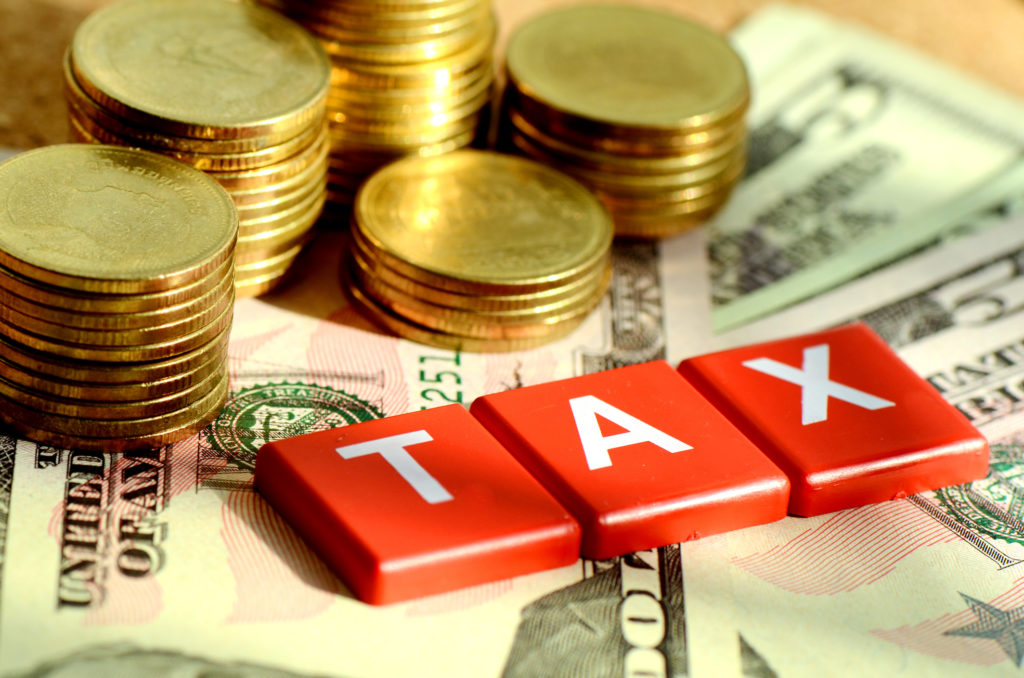
You can unsubscribe at any time using the Unsubscribe link at the bottom of every email.
Jan 24, 2019

Estimated reading time: 3 minutes
Are you reporting property, sales and other taxes in the correct period? Our Office recently found that some local governments were reporting these taxes when the cash was received, causing errors on the financial statements. Governmental Accounting Standards Board (GASB) Statement 33 – Accounting and Financial Reporting for Nonexchange Transactions provides guidance on reporting these revenue streams in the correct period.
Sales taxes are earned by local governments generally when the underlying sales transaction takes place. Sales taxes are remitted monthly to local governments from the State Treasurer; however, there is a two‑month delay between the underlying transaction and when cash is received by the local government. For example, December collections actually relate to October's underlying transactions. Other tax revenues that have delays between the underlying transaction and when cash is received by the local government include motor vehicle fuel tax, hotel/motel tax, criminal justice, etc.
Because these funds are reported using the modified accrual basis of accounting, revenues and receivables are recognized when they are both measurable and available. Local governments would follow their policy – as described in their notes to the financial statements – on what constitutes available revenue (typically when received within 30, 60 or 90 days). Amounts expected to be collected within this availability period should be recorded as revenue, with remaining amounts reported as deferred inflows.
Government-wide statements are prepared on the full accrual basis of accounting. This method requires these revenues to be recorded when earned (the timing of the underlying transaction), regardless of the timing of related cash flow. A corresponding receivable would be recorded for any amounts not collected by year-end.
For governmental funds, property taxes are recorded as a receivable when levied and offset by an unearned revenue. Unearned revenue and the receivable are then reduced as tax revenues are received each month. Similar to sales tax reporting, amounts collected after year-end but within the availability period should be reported as revenue. Although governments can choose the length of their availability period, it cannot be more than 60 days for property tax recognition.
Revenues reported in the government-wide financial statements follow the full accrual basis of accounting. Therefore, the revenue reported would equal the entire property tax levy, regardless of how much is collected within the fiscal year. The uncollected portion would be reported as a tax receivable. For example, the full levy amount is recorded as revenue on January 1.
It would seem that reporting 12 months of activity on a cash basis would be materially accurate; however, not reporting the correct 12 months leads to misstated receivables and deferred amounts, which can have a material effect on the balance sheet.
GASB provides free access to GASB Statements.
The GAAP BARS Manual provides guidance to local governments on this topic.
If you have questions regarding your audit results, please contact your local audit team.
If you have questions regarding the BARS Manual or the GAAP requirements, please submit a HelpDesk request to our Office.